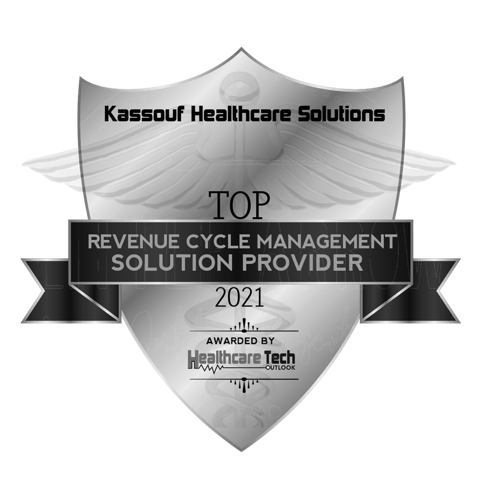Leaders Need Leaders - Connecting and Learning at the Top
The worldwide pandemic of 2020 has been difficult for every leader to navigate. It has also generated some new habits that have proven to be very positive. Leadership can be very lonely, but it doesn’t have to be isolating or paralyzing. Sometimes it takes something unfamiliar, like our COVID-19 experience, to minimize our insecurities and allow us to connect and communicate.
Many leader groups have reported that they have been more actively engaged with other leaders to discuss protocols, validate strategies, and sometimes talk together over the past six months. The hope from here is that this momentum continues. Leaders need leaders, not just in uncertain times, but to learn and process ideas about subjects that otherwise would fail to move forward.
This narrative will highlight some leadership skills that should be discussed in your leadership groups’ safe space to generate momentum in your respective organizations. Few initiatives are more critical to organizational success than having supervisors and employees actively engaged and committed to their corporate mission. While much has been written on leadership, Gallup research continues to show that only 37 percent of the U.S. workforce is engaged. A primary role of great leaders is to get people excited about and committed to their organization’s vision, mission, and goals. The truth is that leaders are either increasing engagement, or they are decreasing it.
Leaders must have five essential skills if they are going to succeed in increasing employee engagement. These are areas of focus that are not learned in school but must be learned from leaders mentoring other leaders. They are as follows:
Building Trust – Trust is a foundational ingredient for increasing engagement. Leaders need to know about building trust because it doesn’t happen just because they are trustworthy. People don’t know how reliable we are until we demonstrate it by using trust-building behaviors. The most important of these behaviors is to trust others, it is how we build trust. This requires a fundamental belief in people, a belief that people are essentially trustworthy. After all, if we have untrustworthy team members, why did we hire them, and why are they still here? Remember that what we do always speaks louder than anything we can say. Demonstrate that you trust your team.
Communicating/Mentoring – The relationship between the team member and his or her immediate supervisor is a critical factor in how engaged the employee will be. People need feedback. They need to know how they are performing, not just once a year at review time. They must be able to discuss their needs for growth and development in an open and constructive way. This is an ongoing skill for influential leaders; to give and receive feedback, and to coach and counsel individuals in a way that increases engagement and commitment. Pursuing such communication is expected and imperative for the leader who desires to leave a positive legacy. Read our blog on how mentorship programs can influence employee retention!
Inclusion – Whether team members feel like an “insider or an outsider” also impacts their level of engagement. Influential leaders know that everyone on their team has strengths; the team needs to be successful, and they know how to get the best out of each person regardless of their ethnic background, gender, age, or sexual orientation. They understand that people with different personal values can work together effectively when they commit to the same values about trustworthiness and standards of work performance. Such inclusion can make every team better able to connect with the marketplace at large.
Alignment – Engaged team members feel that their organization aligns with their passion, desired culture, professional challenge, and expected compensation. They must identify their hard-wired passion with their current work; the overall climate and culture must align with their priorities, and they must be appropriately challenged, not dangerously over, or under-challenged. Finally, it is great to feel fairly compensated, as well. There is some truth to the old adage that “if you work hard, you will eventually get paid for it.” But it is also OK to understand when that might happen. This should be part of the conversation.
Team Development – Effective leaders understand the potential for significant increases in performance through high performing teams. They make sure that all team members understand the strengths they and other team members bring to the team and develop a process that capitalizes on these strengths. The leader’s focus is on developing each team member’s full potential and implementing a shared leadership approach to improving performance that is ultimately owned by the team. The reality is that these skills don’t come naturally to very many leaders, but they can be learned. However, they cannot be learned effectively during a single training event. Therefore, leaders must engage other leaders who have been effective with these skills. It takes time, reinforcement, practice, and a serious commitment from both the organization and each emerging leader.
If the past six months have demonstrated anything positive, it is that leaders are beginning to reach out to other leaders for encouragement and support. Let’s all keep up the good work!
How We Serve
Looking for a different solution? Click here
"
Google's average rating of 5.0 out of 5 stars from 7 reviews.
DREAM4 is trusted by over 5,000 happy customers across the country.















